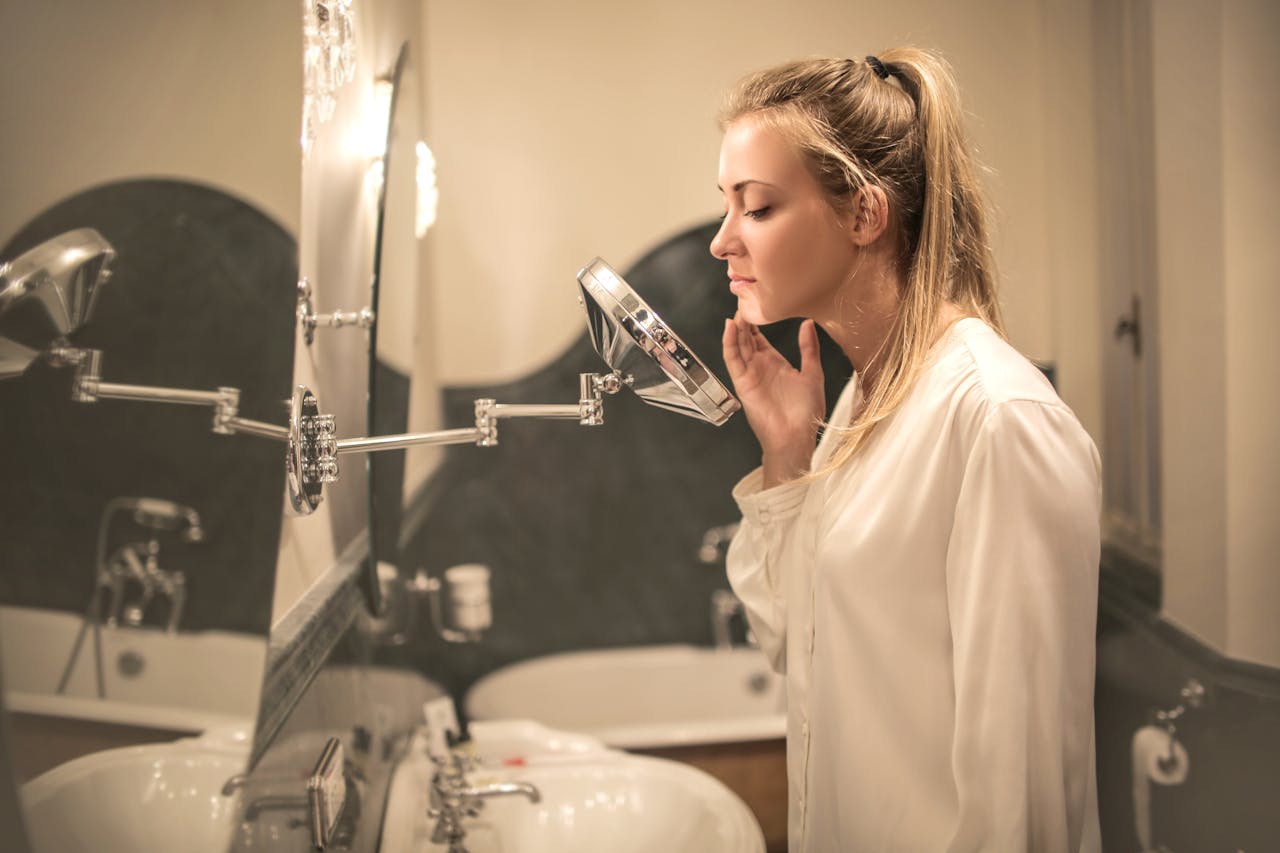
Going to college can be a really positive time in your life. You’ll get to meet new people, learn a lot, and gain new experiences. While your appearance shouldn’t be a barrier to enjoying your time at college, having greater self-confidence can be empowering. Unfortunately, for many students, skin conditions can affect how good they feel about themselves.
Living with acne or other conditions might impact your quality of life and make you a little more hesitant to engage with those around you. The good news is that there are things you can do to achieve clearer skin. By adopting good skin care practices and other routines, you can make a real difference to your appearance and wellness.
Prioritize Hydration
Hydration is the foundation of any routine to achieve clear skin. First of all, drinking water helps your skin retain moisture and prevents it from becoming too dry or too oily. Hydration can also minimize some signs of aging skin. While this might seem less of a concern when you’re at college, one report found that 70% of Gen Zers are actually already using daily anti-aging serums. Starting regular hydration now can be a good healthy habit whether or not you’re currently using these products.
Alongside drinking plenty of water — preferably around 4-6 cups per day — you can also adopt effective moisturizing routines. If you have acne, an oil-free and non-comedogenic moisturizer may help you achieve clearer skin. This is particularly important if you’re using other dermatological treatments that dry out your skin. Adopting moisturizers into your routine can help you to achieve more balanced and healthy skin.
It’s also important to pay attention to how water quality can affect your health. In addition to triggering headaches and behavioral symptoms, water pollution can lead to skin irritation. This isn’t just about the water you drink, but also where you swim or bathe. Harmful algae blooms (HABs) and other cyanotoxins might affect your skin health and clarity. Therefore, it’s important to research the water quality in your area and avoid sources that may be subject to contaminants. You might also find it useful to invest in water filtration and purification in your dorm or other residence.
Consider Your Holistic Well-Being
Try to avoid the mistake of thinking that skin care is only about doing things connected directly to dermatology. There are various parts of your lifestyle and the environment that can affect how healthy your skin is. Instead, by taking care of your wider well-being, you’re likely to have a more holistically positive effect.
Let’s start with your diet. The good hydration we mentioned before is essential, of course. The foods you eat can make a difference. Cutting down on junk foods is good because these items can influence your organ health, which in turn influences your hormone balance. It is your hormones that most directly lead to issues like acne. In addition to minimizing junk, it’s wise to adopt a balanced diet that includes items that reduce inflammation. Turmeric, probiotics, and foods that contain zinc and vitamins A, D, and E are recognized to be good for acne in particular.
Additionally, your mental wellness plays a role in your holistic and skin health, too. College can be a really stressful experience. While stress isn’t a direct cause of conditions like acne, it can trigger the production of hormones like cortisol. In turn, these hormones can overstimulate oil glands, leading to clogged pores and skin conditions. Therefore, it’s wise — on a number of levels — to adopt stress management practices into your daily routine. This may involve meditation and mindfulness, regular exercise, and even just talking to your friends when things get a little too difficult.
Collaborate with a Dermatologist
Daily hydration routines and holistic wellness are good foundations for clear skin. But in some circumstances, professional medical guidance may be an effective tool for creating a plan to address the underlying causes of skin complaints.
So, how do you know when it’s time to consult a dermatologist for your acne? Signs of a severe issue — such as having numerous papules and pustules or they’re in unusual places, like armpits — may warrant a visit. This is because such conditions can be difficult to treat with over-the-counter remedies. If your acne is painful or affecting your self-esteem, this can also be reason enough to seek professional guidance.
Working with a dermatologist isn’t just positive because they can provide access to more robust medications or antibiotics. They also spend time exploring what could be the root causes of your skin condition. Importantly, they’ll collaborate with you on creating a treatment plan that’s tailored to your needs and specific skin type, empowering you to embark on your college experience with clearer skin and greater confidence.
Conclusion
Getting clearer skin takes some focus and discipline, but it’s certainly achievable. It involves committing to regular hydration, alongside taking a holistic approach to your wellness, among other actions. Remember, though, that the condition of your skin isn’t the be-all and end-all of your self-worth. You have many qualities and unique perspectives that contribute to what’s great about you. By cultivating these alongside taking care of your health, you can give yourself the confidence boost that may make your college experience more positive.
SEE ALSO: Spring Into Action: How to Organize a Campus Clean-Up Day














